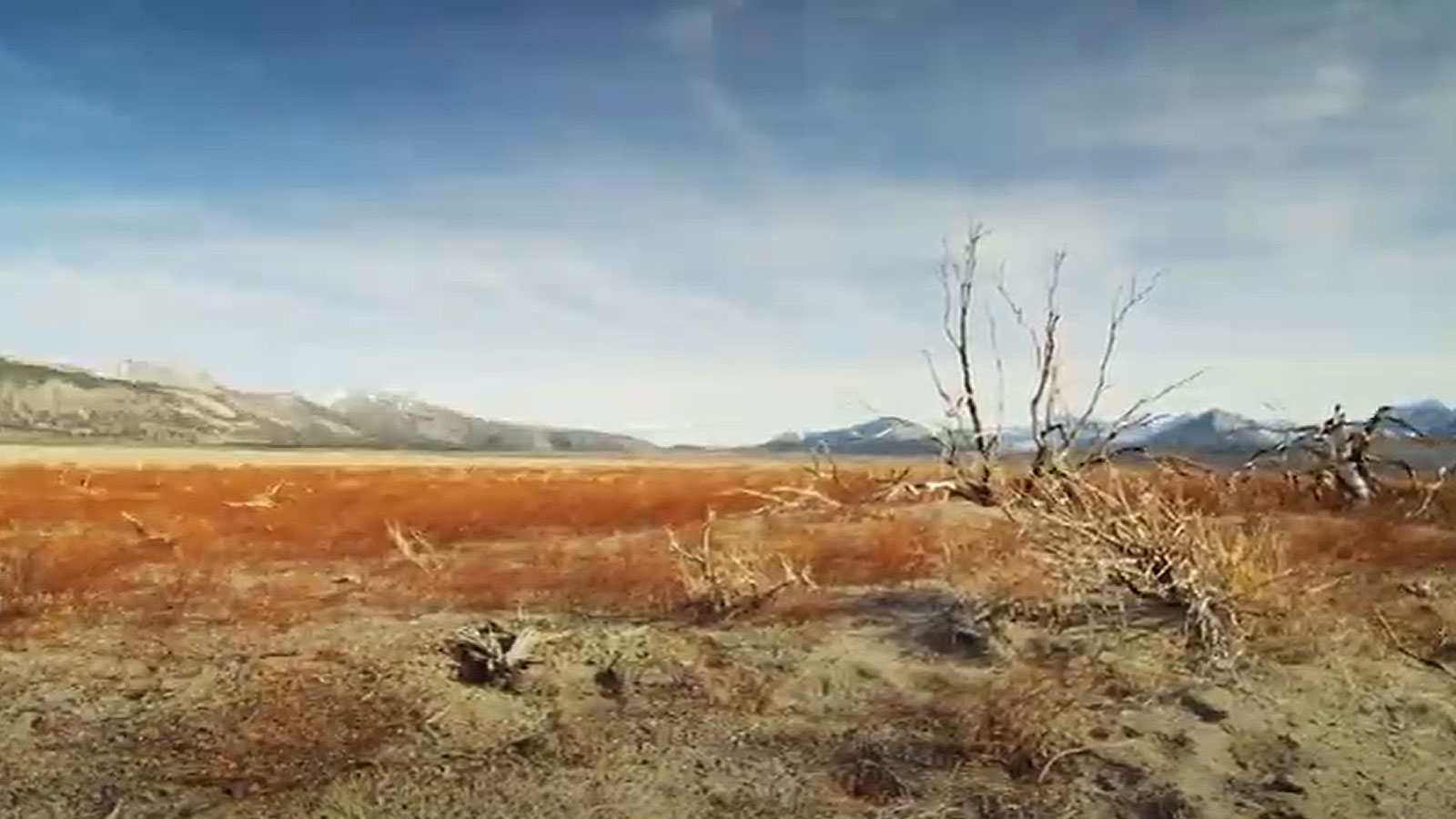The term “megadrought” is now fully ensconced in the popular vernacular when it comes to the punishing drought sweeping across much of the western U.S. over the past 22 years. So too is the figure “1200” as the number of years it’s been since a more intense 22-year drought. And experts see slim prospects of the drought’s ending at best before the end of this decade.
Those are some of the key “what” issues media coverage surfaced since word of the new research came to light in late February, just as the “news hole” of major national outlets understandably turned their focus on the Russian invasion of Ukraine.
But what about the “why” of this persistent drought? This Yale Climate Connections original video turns its focus to the “why” and “how it’s happened” questions, shedding light through conversations with a range of top-notch experts.
Study co-authors UCLA Park Williams of UCLA and Jason Smerdon of Columbia University say, respectively:
- Over the past 22 years, 18 have been drier than usual, only four wetter; and
- Two really dry years in 2020 and 2021 put those 22 years over the top of any such period back to the period of Charlemagne and the Roman Empire in 850 CE. No other 22-year period is “cumulatively as dry,” Smerdon says.
What stands out in the ongoing drought, according to NASA scientist Ben Cook, also a co-author with Williams and Smerdon, is “the intensity over a large spatial scale…partially because of climate change.” On top of the natural deficits in natural precipitation is “quite a bit of warming” caused by human emissions.
As a result, the droughts “are more temperature-driven,” explains Colorado Deputy State Climatologist Becky Bolinger.
Smerdon says that while the current drought “would have been bad, it would have happened” even in the absence of humans,”human-caused warming has made it about 42% more severe than it otherwise would be.
Scientists Scott Denning of Colorado State University, Samantha Stevenson of U.C. Santa Barbara, and Julia Cole of the University of Michigan each provide further details affirming those points.
“It doesn’t even make sense to call it a drought,” Stevenson says, because “that implies that the drought will somehow end, and it will come back to normal.”
In the western U.S., “we’re already in a megadrought that is not going to end at any time in the 21st Century,” Stevenson says, “and that’s just because of climate change.”
Source link


